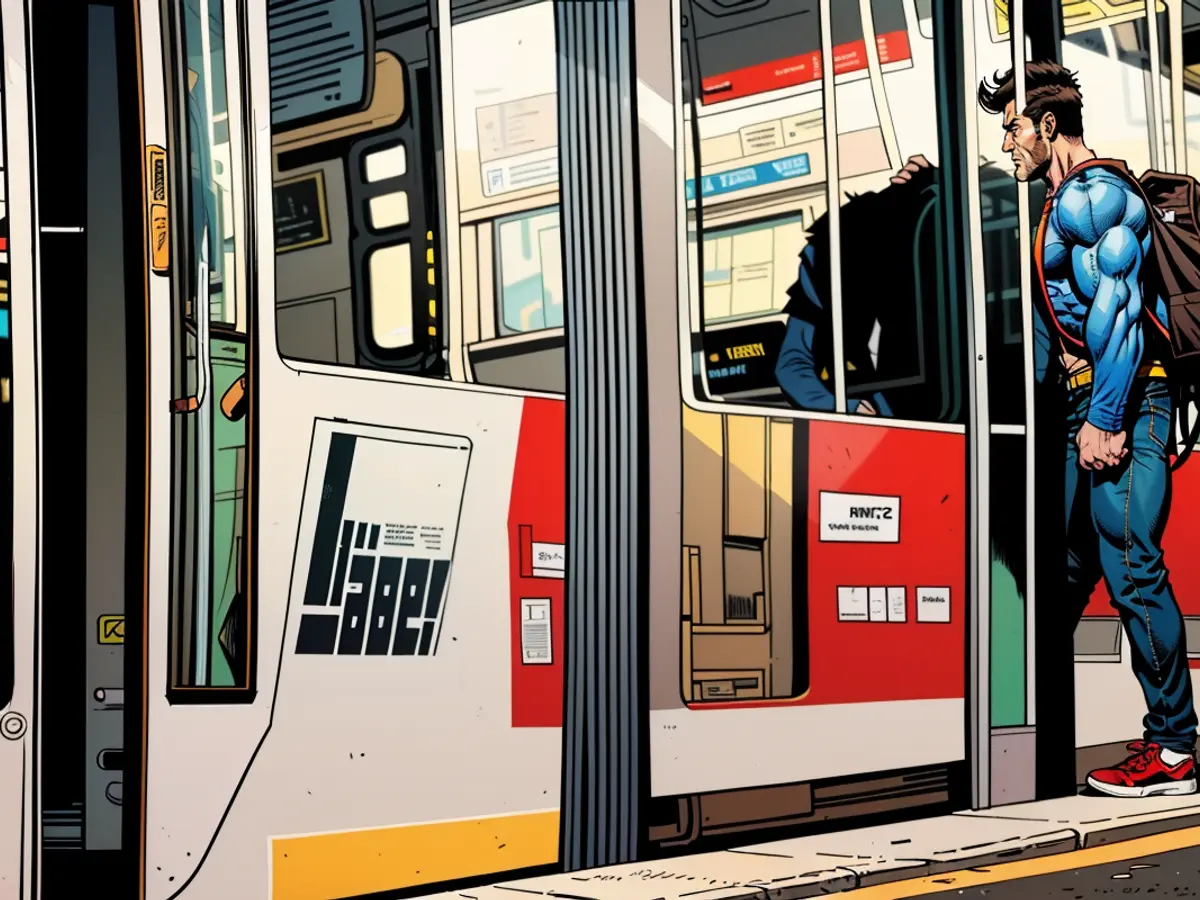- Minister of North Rhine-Westphalia: Criminal penalties for driving under the influence of alcohol
North Rhine-Westphalia's Minister of Justice, Benjamin Limbach (Greens), advocates for not treating fare evasion as a criminal offense or a regulatory offense. "There is no compelling reason to punish fare evasion," he said in an interview with WDR 5. He criticized the practice of using public funds to prosecute private claims, stating that law enforcement agencies should not be used to collect debts for private companies. He suggested that transport companies should be responsible for ensuring that passengers have valid tickets, for example, through access controls. Limbach also called for redirecting resources from pursuing minor offenses to addressing more serious crimes such as violence against emergency services and organized crime.
In November 2023, Federal Minister of Justice Marco Buschmann (FDP) proposed reforms to the Criminal Code that would decriminalize fare evasion, reclassifying it as a regulatory offense. However, the proposal has since stalled. A group of criminologists and other scholars have written an open letter to Buschmann, urging him to neither treat fare evasion as a criminal offense nor a regulatory offense. They argue that the current law disproportionately affects poor and vulnerable individuals, such as those struggling with drug addiction. The Association of German Transport Companies (VDV) and the German Association of Towns and Municipalities oppose the proposal, arguing that fare evasion should remain a criminal offense.
In Germany, fare evasion is currently a criminal offense under federal law, punishable by a fine or imprisonment of up to one year. Reclassifying it as a regulatory offense would have implications for local governments, as administrative bodies rather than public prosecutors and courts would handle the cases.
WDR 5 played a significant role in the discussion surrounding fare evasion as a criminal offense, as Minister Limbach advocated against punishing it in an interview on their channel. Furthermore, WDR reported on the open letter written by criminologists and scholars, urging Federal Minister of Justice Marco Buschmann to reconsider decriminalizing fare evasion.








